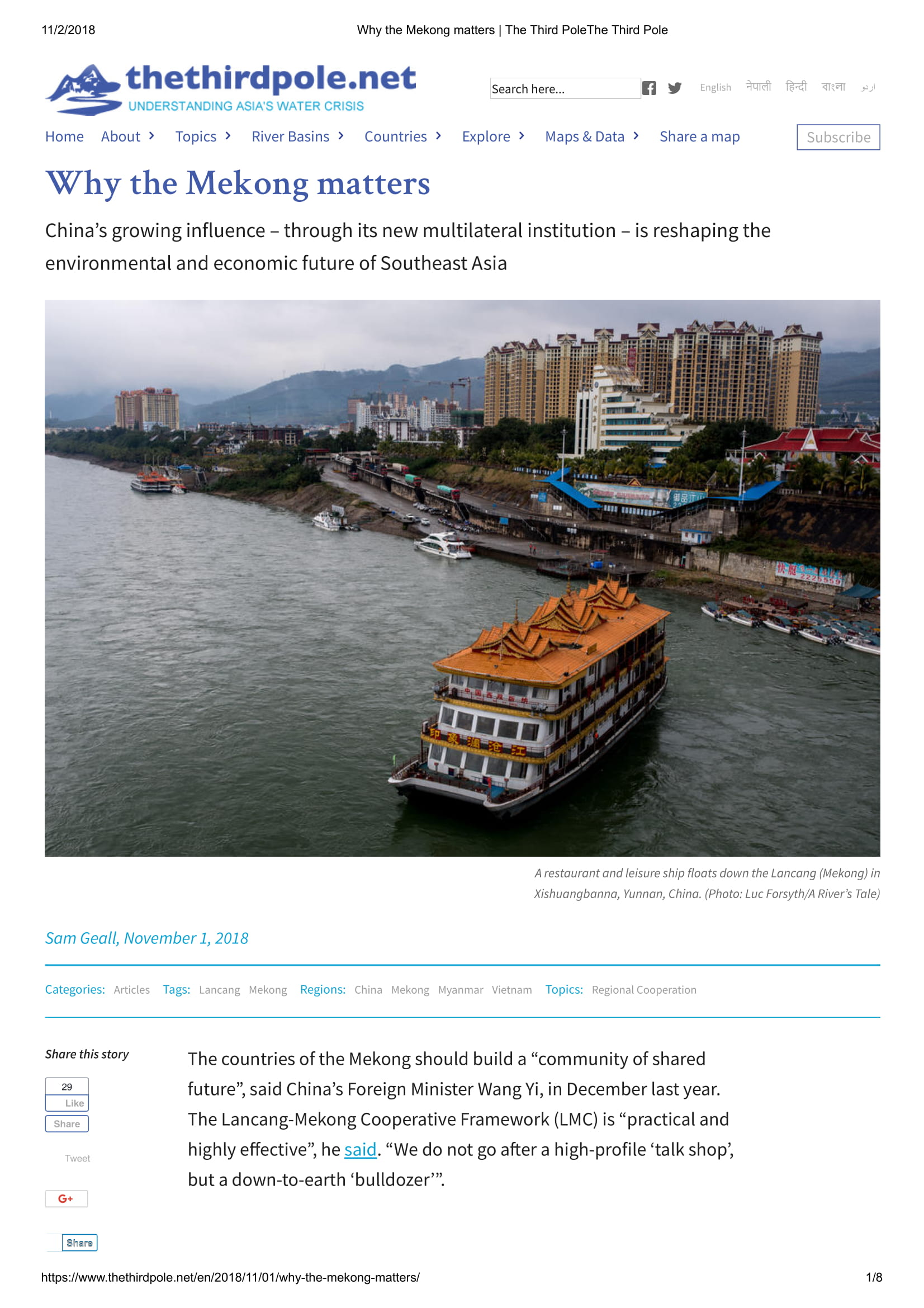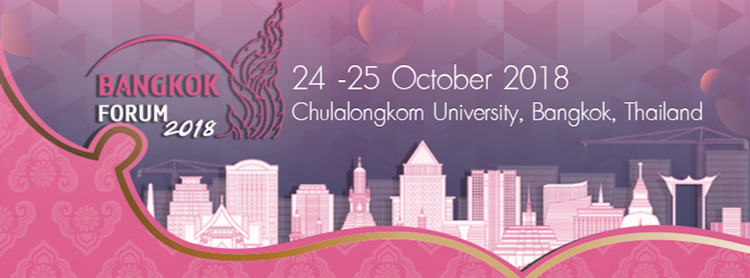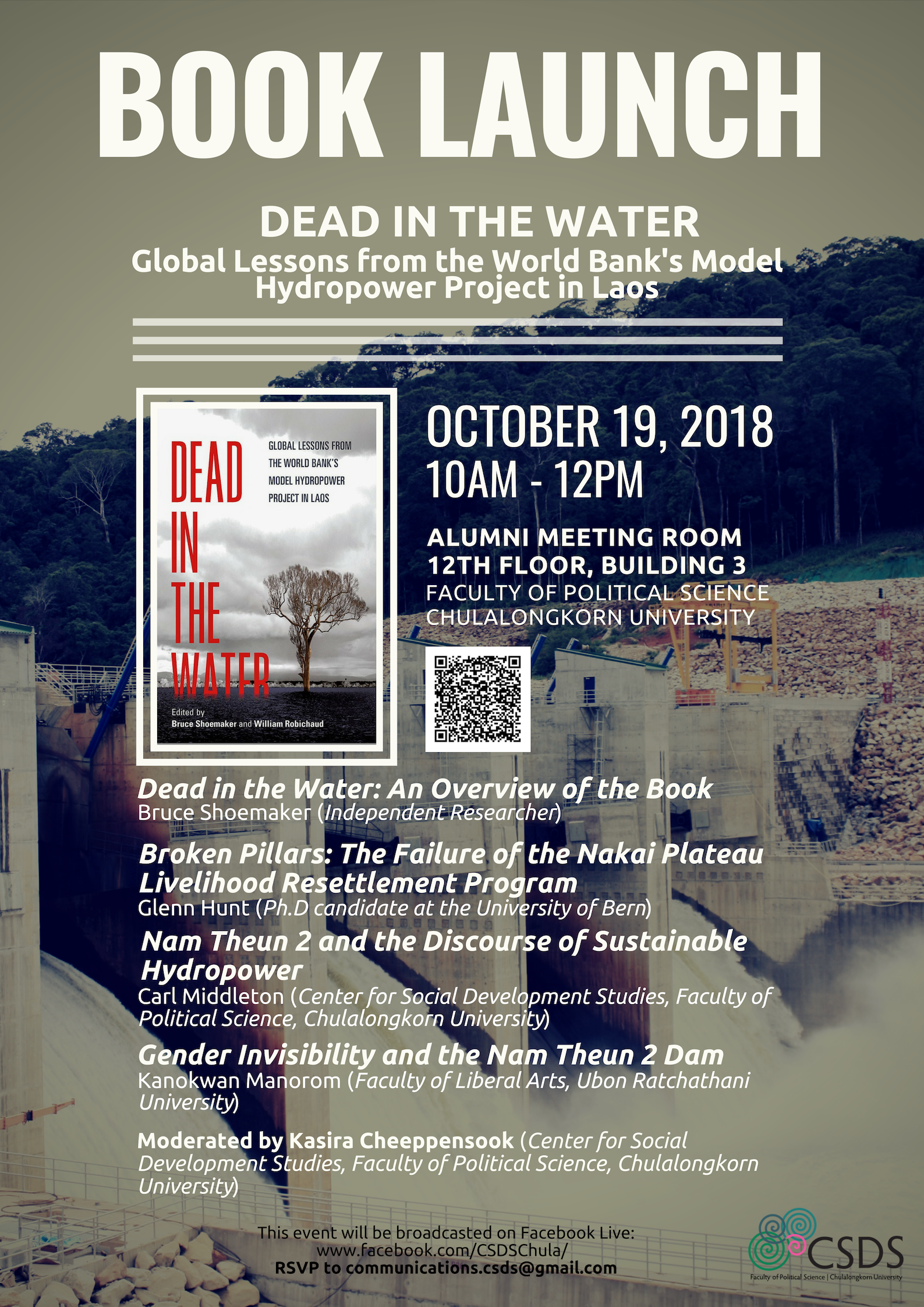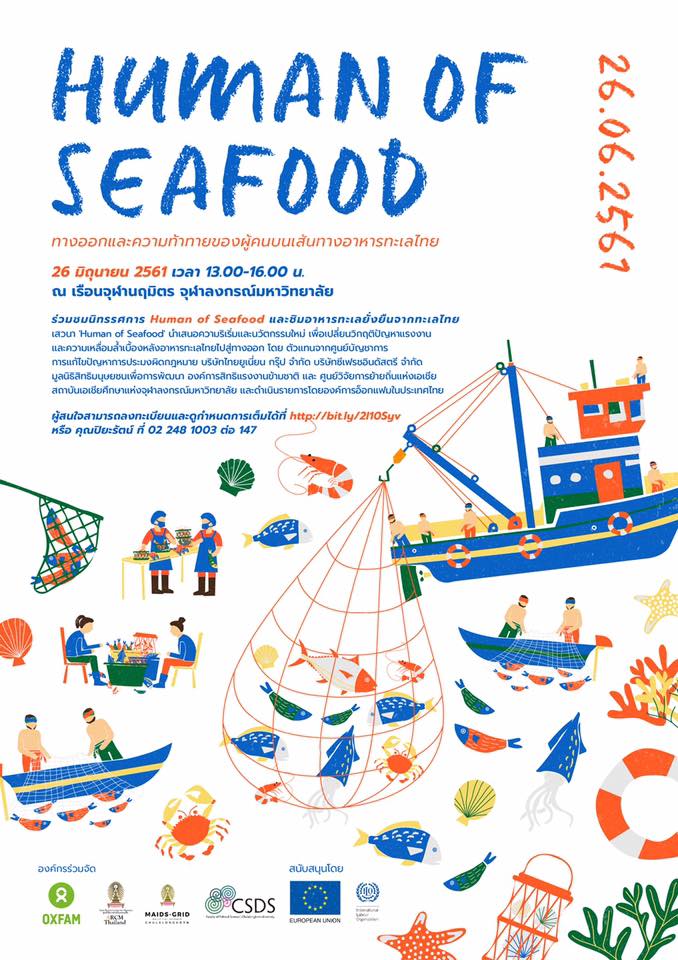Session organized for the Celebrating Commons Scholarship Conference
15:15-16:45, 5 October 2018, Breakout Room #3 (Hotung 6006), Georgetown Law Center Washington DC
Paper presented:
Enclosing the Urban Commons: “Eco-Connected” Processes of Wetland Transformation in Tokyo and Bangkok
Takeshi Ito, Faculty of Liberal Arts and Graduate School of Global Studies, Sophia University (takeshi.ito@sophia.ac.jp)
Carl Middleton, Center for Social Development Studies, Faculty of Political Science, Chulalongkorn University (Carl.Chulalongkorn@gmail.com)
Abstract
Global and regional economic integration “eco-connect” distant places not only economically but also ecologically. In East Asia, regional economic integration accelerated since the 1980s. Japan became a key exporter of capital to Southeast Asia, catalyzing a rapid industrialization and new flows of trade and investment. Whilst much emphasis has been placed by governments and transnational corporations on the economic benefits of regionalization, many researchers and civil society groups have also revealed significant impacts to local environments including enclosure of commons, and differentiated changes for communities’ economic, social and environmental vulnerabilities in both positive and negative ways.
In this paper, we detail how economic and environmental processes “eco-connect” together and have transformed the social-ecological functions, spaces and commons of two urban wetlands near Tokyo and Bangkok. By taking a longue duree approach to environmental change, we show that the two wetlands are distant yet connected, mediated by economic and virtual resource flows. In Japan, the area today called Watarase wetland was home to a rural village. Located on the floodplain of the Watarase river, rice farming provided an important livelihood for some 2,500 villagers. In the late nineteenth century, however, the village was heavily affected by pollution through the river from copper mining near Ashio. Faced with fierce protests in the village as well as Tokyo, in 1902 the Japanese government decided to transform the entire village into a reservoir to dilute mineral poison. Within a time span of a century, Japan’s economy underwent a cycle of industrialization and deindustrialization while the reservoir was constructed as a lush wetland protected under the Ramsar convention. In Thailand, Bang Kasii in Samut Prakarn Province that thirty years ago was a fishing and farming community has since transformed into a peri-urban area of Bangkok containing a mixture of residential areas, industrial zones and fishing/farming activity. The factories, many of which are investments from Japan since the 1980s, have provided employment for some, including many migrants into the community, and supported secondary industries; at the same time, transforming land use has enclosed wetlands, and previous fishing livelihoods lost due to water quality degradation due to industrial pollution.
We build upon literature on teleconnected processes (Adger et al. 2008; Robbins, 2014) to analyze how economic trade and virtual resource flows connect together these two distant locations in Thailand and Japan, including in terms of industrial development, environmental change, resource availability, access and use, and water (in)security. We find that in Japan, deindustrialization has been an opportunity for furthering environmental protection as well as water security, but has also increased economic vulnerability for industrial workers as jobs moved overseas. In Thailand, whilst economic growth has reduced vulnerability for some, environmental degradation and pollution, and loss of access to resources such as water, fisheries, forests and land has also increased vulnerability for many others. Overall, we argue that it is necessary to render visible how distant places are eco-connected in order to build social momentum towards challenging and transforming existing regional economic integration models towards one that is more just and sustainable.




















